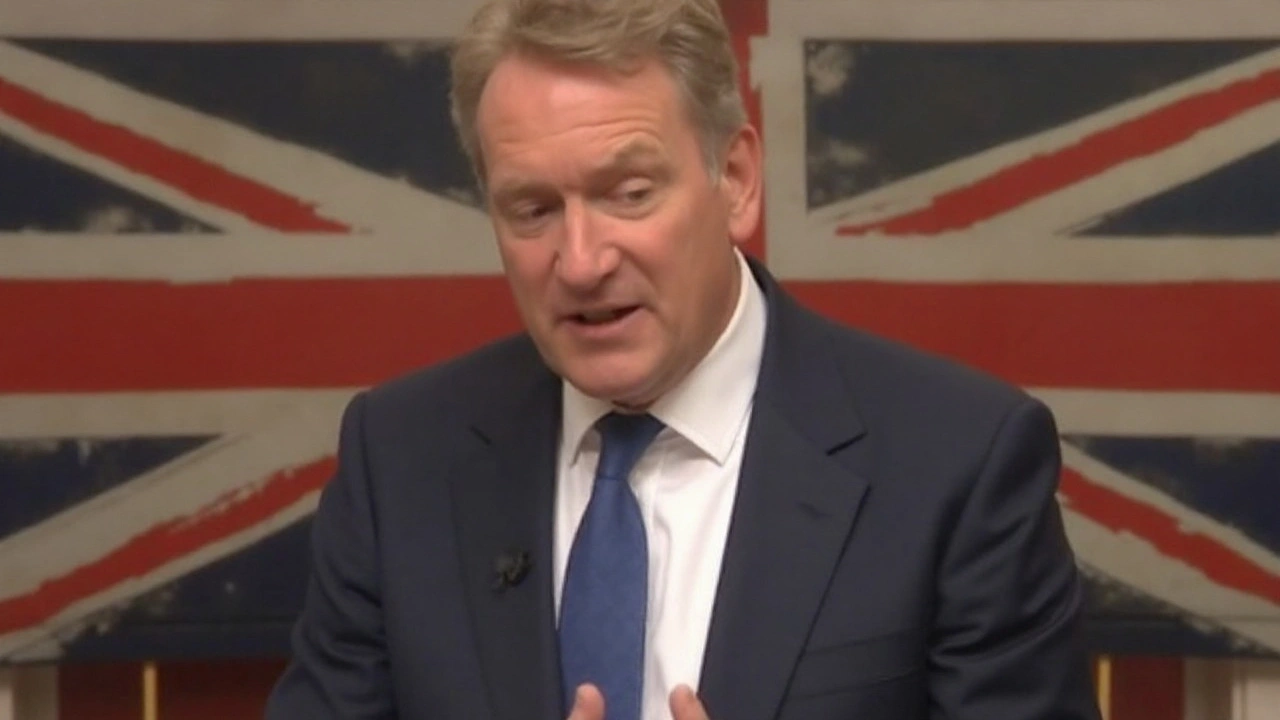Angela Rayner: Who She Is and Why She Matters
If you’ve been scrolling through the news lately, you’ve probably seen the name Angela Rayner popping up a lot. She’s the Deputy Leader of the Labour Party, a former Shadow Secretary for several key portfolios, and a front‑line MP for Ashton‑under‑Lyne. In plain English, she’s one of the most visible faces of the opposition, and she’s often in the spotlight when Labour talks about policy, election strategy, or challenges to the government.
Key roles and career milestones
Rayner started as a trade union organiser before winning her seat in Parliament in 2015. Within a few years she moved up the ranks, serving as Shadow Secretary for Women and Equalities, then for Education, and finally as Deputy Leader in 2020. Her background in grassroots campaigning gives her a reputation for speaking directly to everyday voters – think town‑hall style meetings, community events, and a lot of social media interaction.
One thing that sets her apart is the way she mixes policy detail with plain language. When she talks about school funding, she’ll cite real numbers and then explain how a £50 increase per pupil could mean smaller class sizes. That approach resonates with people who feel politics is full of jargon.
Recent headlines you should know
In the past few months Angela Rayner has been busy. She led Labour’s response to the government’s new cost‑of‑living measures, demanding a stronger safety net for low‑income families. She also fronted a campaign on mental health services, pushing for more funding in schools and community centres. Most notably, she announced a series of town‑hall events across the Midlands to hear directly from constituents about inflation, housing, and job security.
Her media appearances are often a mix of sharp questioning of the Prime Minister and a push for Labour’s own policy ideas. Whether it’s on television or a local radio show, she tends to keep the conversation focused on practical solutions – like affordable childcare or better apprenticeship programmes.
Beyond politics, Rayner is vocal about social issues such as gender equality and workers’ rights. She frequently highlights stories of women in the workplace who face unfair pay gaps, using those examples to back up her calls for legislative change.
For anyone trying to keep up with UK politics, following Angela Rayner’s statements can give you a clear window into Labour’s priorities and the challenges the party sees for the next election. Her blend of personal storytelling, data‑driven arguments, and plain‑talk style makes her a key figure to watch.
Want the latest on her activities? Subscribe to our local news feed or follow her on social platforms where she posts updates in real time. Staying informed about her moves helps you understand the broader political landscape and what it could mean for your community.
Keir Starmer has overhauled his top team after Angela Rayner resigned over a stamp duty breach. David Lammy moves from foreign secretary to justice secretary and deputy prime minister. Yvette Cooper takes the Foreign Office; Shabana Mahmood becomes home secretary. Pat McFadden gets a new superministry. The reset comes with Reform UK 10 points ahead in some polls and pressure mounting over small boats.
Continue reading...
